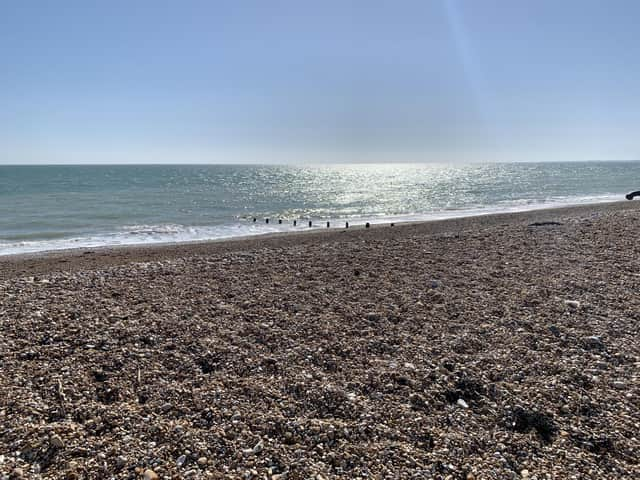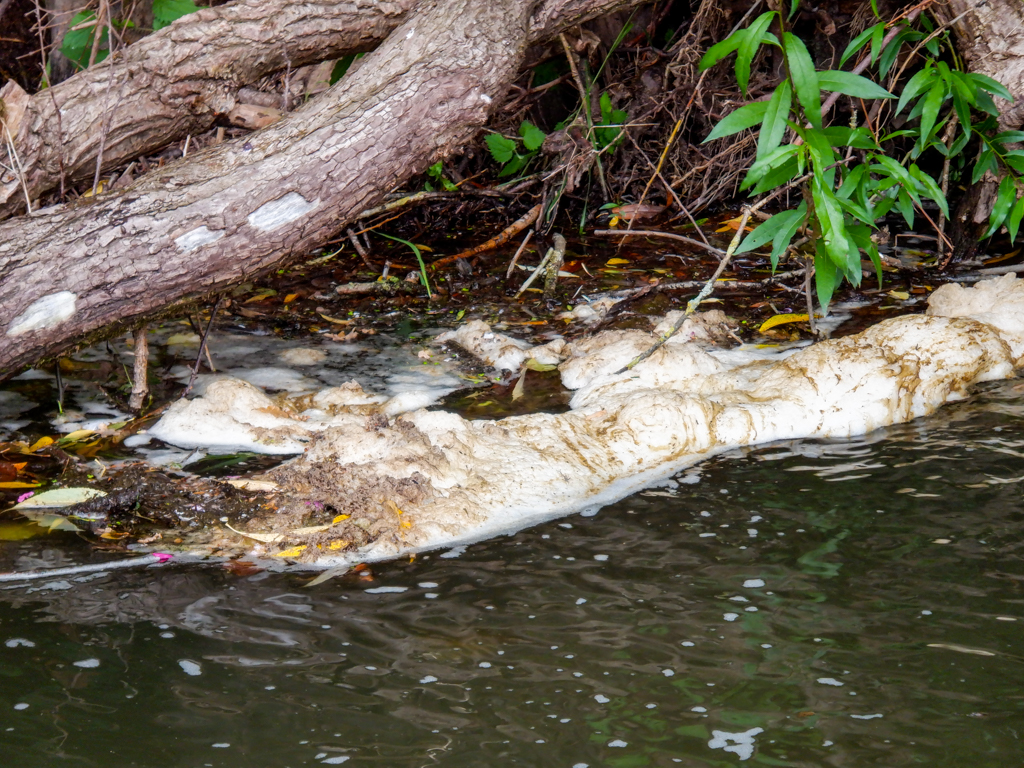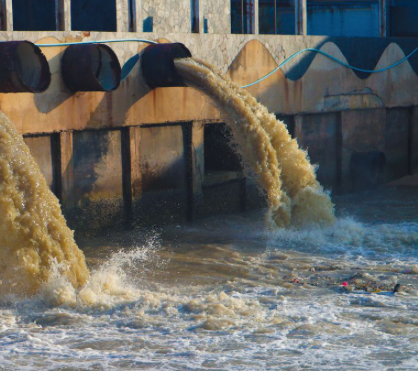Arun waters amongst the most E. Coli-infested in the UK
According to research, the coastal waters in and surrounding Arun District are among the most E. coli-infested in the UK, with Chichester having some of the worst cases.
The numbers, gathered by SEO experts Reboot Online, collate and compare data on water quality around the UK to provide residents with a thorough understanding of the condition of our coastal waters.

West Wittering coastal water contaminated by e.coli
They demonstrate that Chichester has suffered more than other areas since E. coli rates there have reportedly climbed by 568.56%. Rates of intestinal enterococci, a sign of potential faecal matter contamination of water bodies, increased by a comparable amount: 498.18%.
With a score of 97 out of 100, Chichester was one of the regions with the worst water quality degradation. Nonetheless, the numbers show that Chichester has not fared as poorly as some other regions of the country, with a “relatively modest” 25,705 hours of sewage discharge documented, despite widespread worries about sewage discharges.
In most ways, Arun District performed marginally better than Chichester itself, though not significantly. The scenario is somewhat mild compared to what Dorset residents had to deal with, when approximately 32,900 hours’ worth of sewage was discharged over the course of the past year. Even so, the situation regarding the deterioration of Arun’s water quality is significantly less rosy with some of the UK’s most degraded and E. coli-infested coastal waterways.
Water quality in the area received a score of 85.05 out of 100, and the proportion of E. coli increased by 85.83 over the previous year. The percentage of intestinal enterococci has also significantly increased during the past year, rising to 250.52%.


